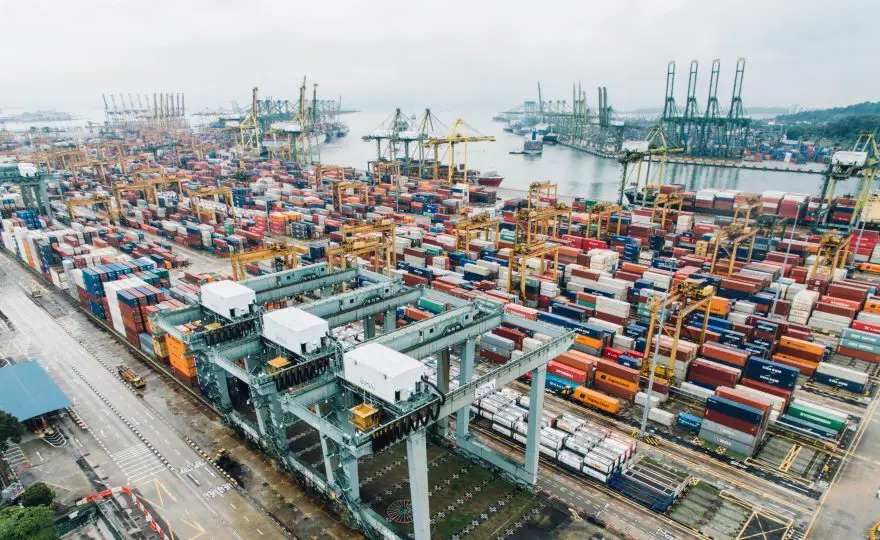ClientEarth Communications
15th October 2020


In light of the ongoing climate crisis, it is more important than ever for trade policy to be aligned with environmental action – and countries globally are taking notice.
In the UK, environmental standards are being hotly debated as the country develops its new trade policy, with issues ranging from the Paris Agreement to sustainable agricultural production.
We have produced a report to help navigate how trade policy can support good environmental practice. We’ve looked specifically at import restrictions, and outlined how well-designed measures can be used to facilitate a more progressive approach to international trade.
As it designs its new trade policy, the UK government can – and should – take a more progressive approach to restricting imports for environmental reasons. While some have claimed this would be impossible under World Trade Organization rules, our report shows that there are ways ahead.
It is clear that the focus on environmental standards in developing trade policy is critical. But the details of international trade policy are often difficult to navigate. Assumptions about the inflexible nature of trade rules can lead to a lack of political will to try and push progressive policies.
In reality, trade rules can offer flexibility, and so should be used in meaningful ways to support climate and environmental goals.
Import restrictions allow countries to monitor, regulate and control what products cross their borders and become available on their markets.
Import restrictions can serve a number of useful functions, including:
Our new report examines the possibility of legitimately introducing measures to protect the environment, which may require or result in the restriction of trade.
Doing so successfully requires political will. It also must be founded on a real and meaningful desire to enhance environmental protection – rather than as a disguised form of protectionism.
ClientEarth’s Hatti Owens says:
“Trade and investment regulations should offer incentives for high global environmental standards. Trade policy should not come at the expense of progressive domestic environmental protection.
“Trade and investment regulations should offer incentives for high global environmental standards. Trade policy should not come at the expense of progressive domestic environmental protection." - Hatti Owens
“Existing international trade rules must not be used to prevent countries from introducing regulations designed to protect the environment.
“Despite some assumptions that import restrictions would be incompatible with WTO rules, our view is that it can be possible to put in place well-designed restrictions intended to further environmental goals.”
For example, measures that restrict a product’s import based on the methods by which it was processed or produced, or its ‘PPMs’, can be justified for numerous reasons – including environmental protection and risk to human health.
The WTO dispute settlement bodies assess the issue of unfairly distinguishing between two products, which can be a problem if the similar imported product is being unfairly regulated against. The WTO’s dispute settlement bodies determine these matters on a case-by-case basis.
Increasingly, we have seen the WTO make decisions that take into consideration public policy issues among others including environmental ones.
Hatti adds: “WTO rules are not static. They must adapt to changing circumstances. What’s more, the objective of sustainable development – seeking to protect and preserve the environment and to enhance the means for doing so – is established in the preamble of the main WTO agreement.
“This means there is space to argue for a much wider range of policy measures to be considered permissible under WTO rules. General exceptions allow WTO members to enact measures for public policy reasons, which can include environmental issues.”
States have the potential to improve how their Free Trade Agreements (FTAs) align with their environmental goals. When used well, these agreements can help modernise trade and support environmental ambition.
FTAs should be used to clarify and affirm states’ environmental priorities, and to push the boundaries and improve the application of international trade law.
“A reformed and revised approach to trade, that is reflective of modern environmental realities is needed. We can effectively move towards a model for trade that includes sensible, progressive use of import restrictions that are aligned with both domestic and global environmental objectives,” Hatti adds.